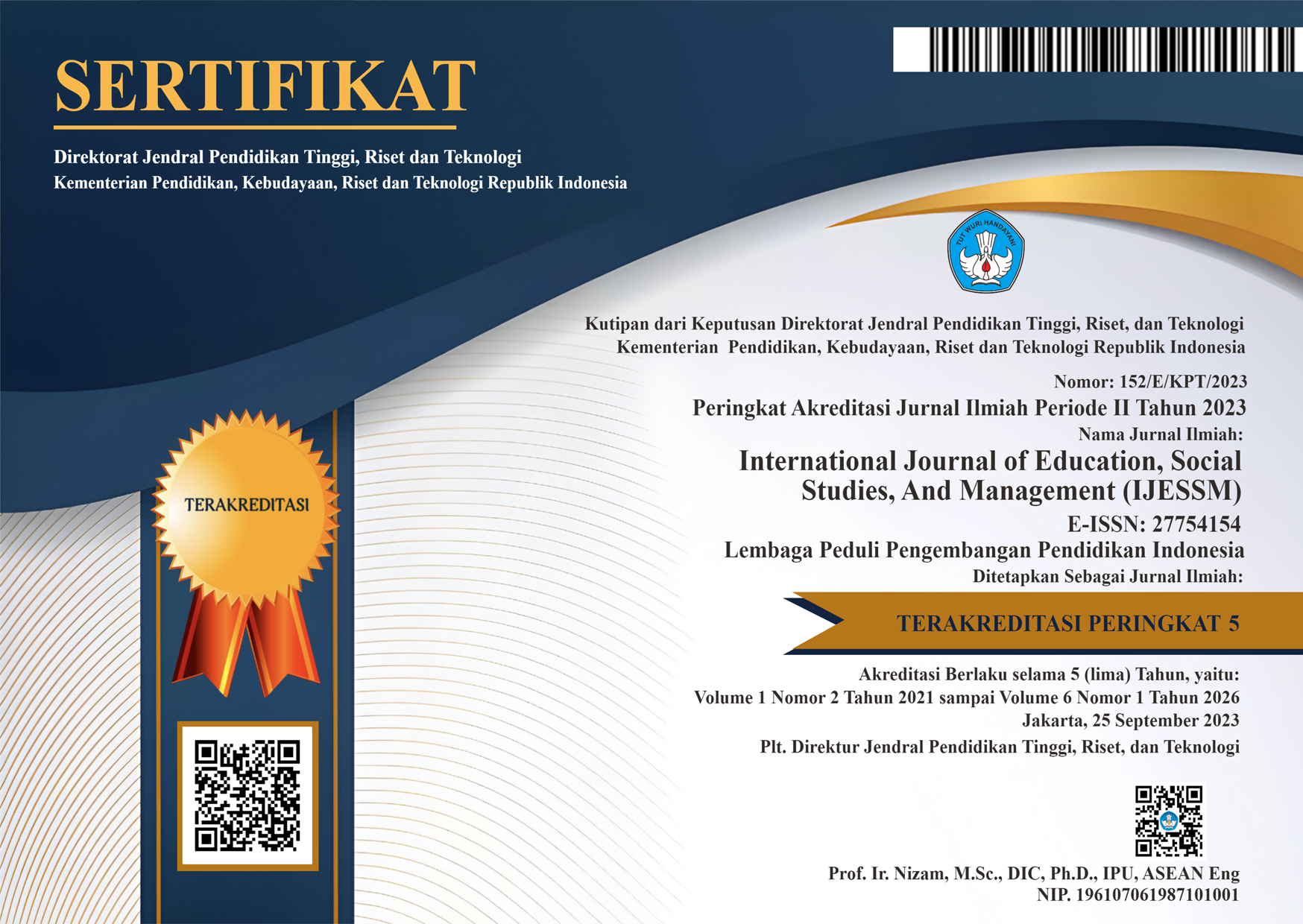Islamic Communication in Government: a Theorical and Practical Analysis
DOI:
https://doi.org/10.52121/ijessm.v5i1.632Keywords:
Islamic Communication, Government, Al-Qur'anAbstract
The application of Islamic communication principles in government has the potential to improve the quality of public communication and strengthen the relationship between the government and the community. Honesty and trustworthiness as the basis for proper communication can ensure that the information conveyed to the community is true and reliable. In this regard, the Indonesian government needs to continue to strive to uphold these values, which will reduce public doubts about the policies and information disseminated. However, the biggest challenge in integrating Islamic communication principles into the Indonesian government system is the incompatibility between these values ??and political practices that tend to be pragmatic and influenced by personal or group interests. In facing this challenge, the government needs to strengthen integrity education and ensure that every official and state institution acts in accordance with Islamic principles that demand honesty and accountability. In addition, Islamic communication can also play a role in reducing social and political polarization. The principle of moderation (wasatiyyah) is very important for building harmonious dialogue in a pluralistic society, such as Indonesia. By prioritizing an inclusive and balanced attitude, the principle of moderation can help society to accept differences, avoid extremism, and encourage social solidarity.
Downloads
Published
How to Cite
Issue
Section
License
Copyright (c) 2025 International Journal Of Education, Social Studies, And Management (IJESSM)

This work is licensed under a Creative Commons Attribution 4.0 International License.

















